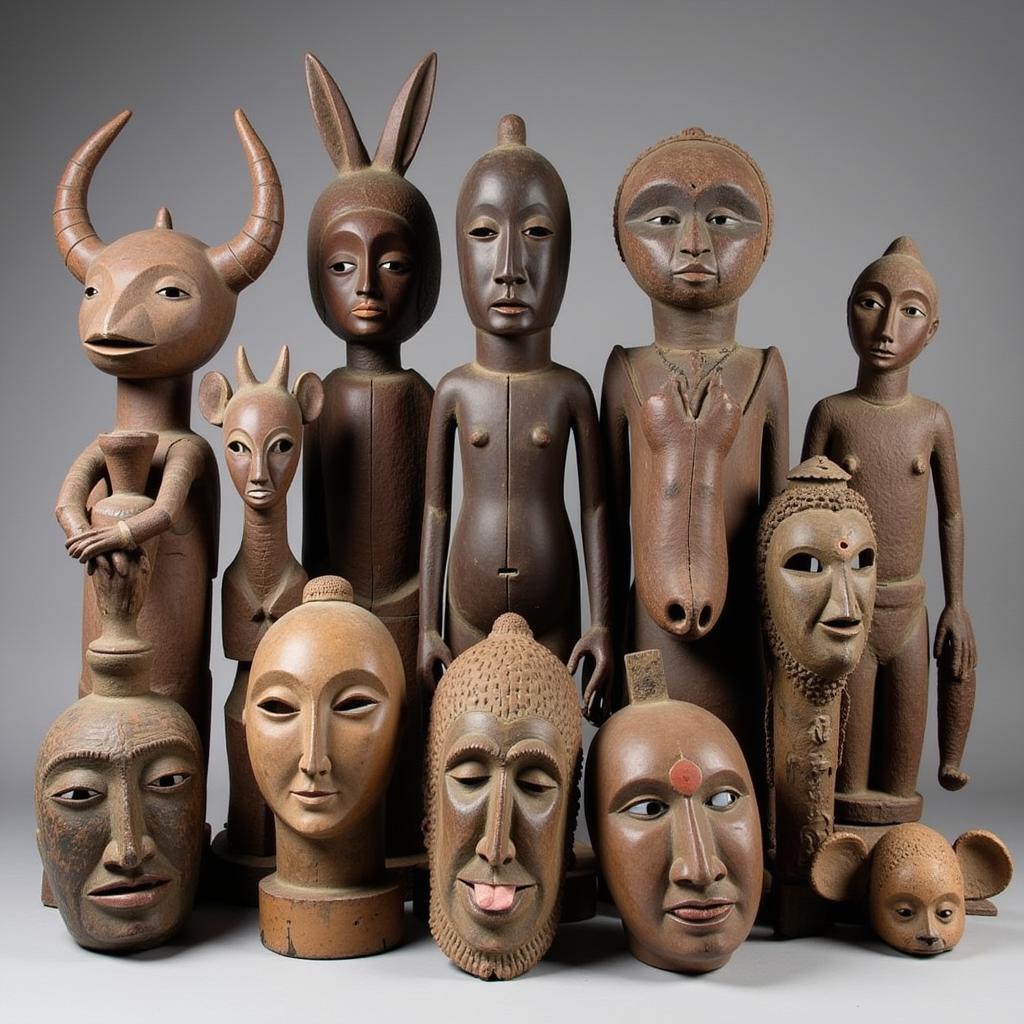African Language Translation Services: Bridging Cultural Gaps and Expanding Opportunities
African languages are a vibrant tapestry of diverse sounds, expressions, and cultures, each carrying a rich history and unique perspective. As the world becomes increasingly interconnected, the need for accurate and culturally sensitive translation services in Africa has never been greater. This article delves into the world of African language translation, exploring its importance, challenges, and the vast opportunities it presents for individuals, businesses, and governments alike.
Why Are African Language Translation Services Crucial?
In a globalized marketplace, language translation is no longer a mere convenience; it’s a necessity for businesses, organizations, and individuals seeking to expand their reach and connect with diverse communities. Here’s why African Language Translation Services are vital:
- Enhanced Communication and Access: Translation allows businesses to communicate effectively with African customers, partners, and employees, creating a more inclusive and equitable experience. This is crucial for fostering trust and building lasting relationships.
- Market Expansion: By translating marketing materials, websites, and product information into local languages, businesses can tap into the vast and growing African market, reaching new customers and expanding their market share.
- Government Transparency and Engagement: Accurate translation of government documents, policies, and announcements ensures greater transparency, accountability, and civic engagement, empowering citizens and promoting inclusive governance.
- Cultural Understanding and Preservation: Translation plays a vital role in preserving and promoting African languages, safeguarding their cultural heritage and fostering cultural exchange.
- Educational and Research Opportunities: Translating academic materials, research findings, and historical texts opens up access to knowledge and facilitates collaborative efforts across language barriers.
The Challenges of African Language Translation
While the demand for African language translation services is increasing, several challenges persist. These include:
- Limited Resources: The availability of qualified translators and translation tools for African languages is often limited, particularly for less widely spoken languages.
- Linguistic Diversity: Africa boasts over 2,000 languages, creating a significant challenge for translators to master the nuances of each language and ensure accurate and culturally appropriate translations.
- Lack of Standardization: The lack of standardized terminologies and dictionaries for some African languages can complicate translation, leading to inconsistencies and ambiguity.
- Technology Gap: Despite advancements, technology for African language translation is still catching up compared to other regions, especially in areas like speech recognition and machine translation.
The Future of African Language Translation Services
Despite the challenges, the future of African language translation is bright.
Technological advancements are paving the way for more efficient and accessible solutions:
- Machine Translation: While still under development for some languages, machine translation technology is improving, offering faster and more affordable translation options.
- Neural Machine Translation (NMT): NMT is revolutionizing translation by learning patterns and context from large amounts of data, resulting in more natural and accurate translations.
- Speech Recognition: Voice-based translation tools are becoming increasingly sophisticated, enabling real-time communication and language learning.
A growing demand is driving investment and innovation:
- Government Support: Governments across Africa are recognizing the importance of language translation and investing in initiatives to develop translation resources and training programs.
- Private Sector Growth: The increasing demand from businesses and organizations is fostering the growth of African language translation companies and agencies.
Finding the Right African Language Translation Services
Choosing the right translation service is essential for ensuring accuracy, cultural sensitivity, and quality. When selecting a provider, consider the following factors:
- Expertise: Look for translators with proven expertise in the specific languages you need and a deep understanding of the relevant cultural contexts.
- Experience: Consider the provider’s experience in translating for the industry or field in question.
- Quality Control: Inquire about the provider’s quality control procedures and their commitment to accuracy and cultural sensitivity.
- Technology: Ask about the translation tools and technology the provider uses, ensuring they utilize advanced techniques and resources.
- Transparency and Communication: Choose a provider that provides clear communication, transparent pricing, and timely project delivery.
“Finding the right translation service is crucial for ensuring accurate, culturally sensitive and quality translations. It is vital to choose a translator who has proven expertise in the specific language and cultural contexts.” – Dr. Amina Diouf, Linguist and Professor at the University of Dakar
“Accurate translations are essential for businesses to reach a wider audience and build trust with customers. It’s not just about translating words, but also capturing the intended meaning and cultural nuances of the source language.” – Mr. Olufemi Adebayo, Founder and CEO of TransAfrica Solutions
The Benefits of Utilizing African Language Translation Services
Beyond communication, African language translation services offer numerous benefits:
- Increased Inclusivity: Translation promotes inclusivity by making information accessible to a wider audience, empowering marginalized communities and fostering social cohesion.
- Economic Growth: By facilitating trade and investment, translation can stimulate economic growth, creating new opportunities for individuals and businesses.
- Cultural Preservation: Translation plays a vital role in preserving the rich linguistic and cultural heritage of Africa, ensuring the vitality of local languages and traditions.
African Language Translation Services: A Bridge to a Brighter Future
As Africa continues to grow and develop, the importance of language translation will only increase. By bridging communication gaps and fostering cultural understanding, African language translation services pave the way for a brighter future, unlocking opportunities for economic growth, social progress, and cultural enrichment.


